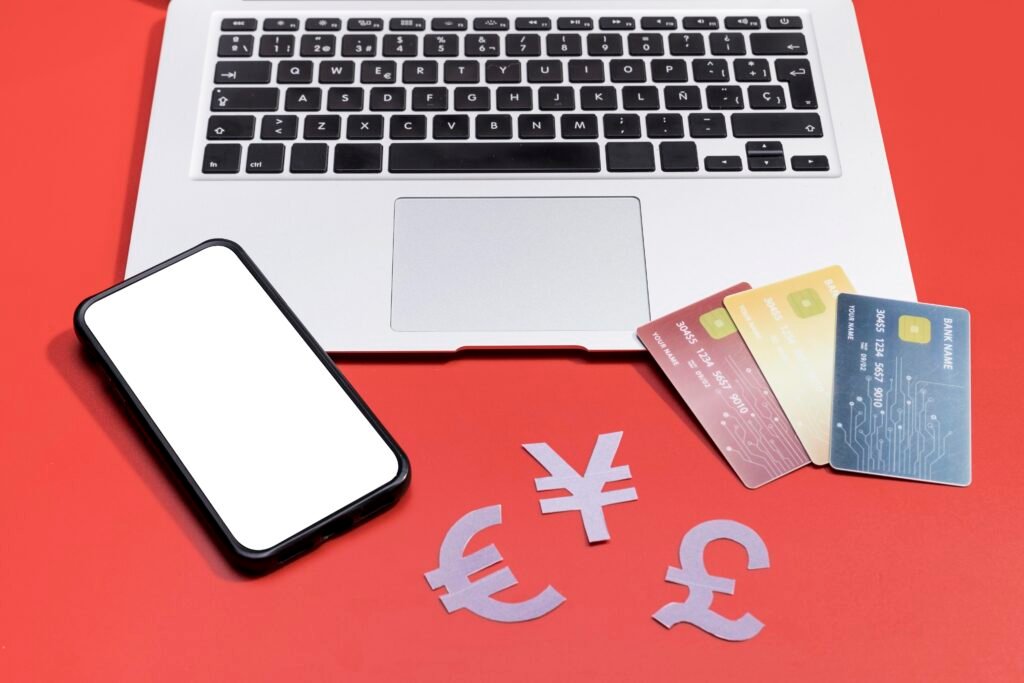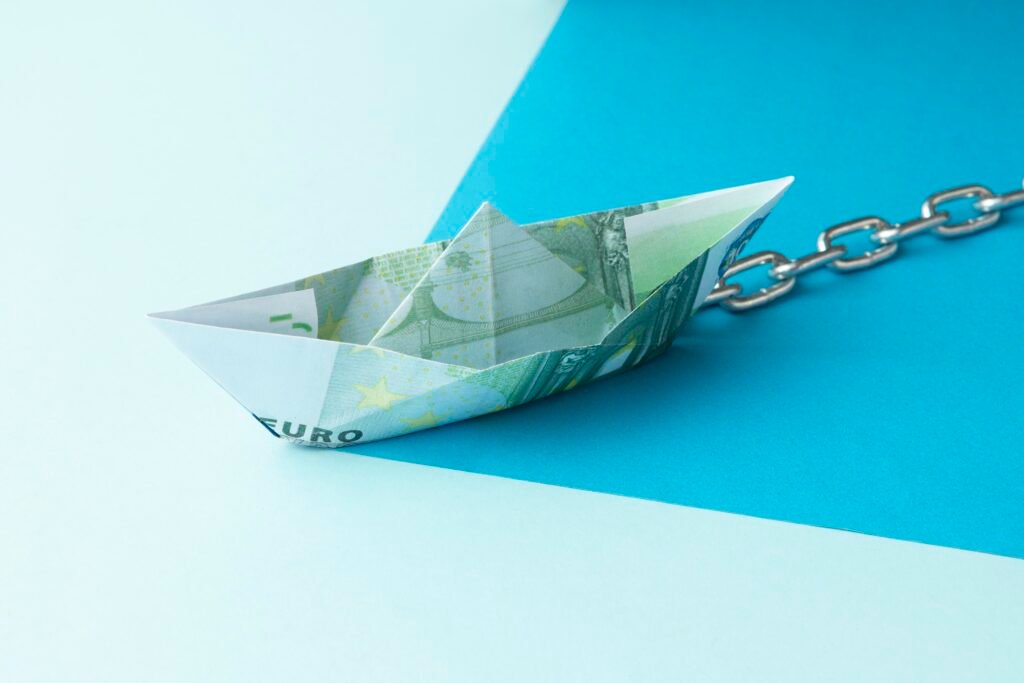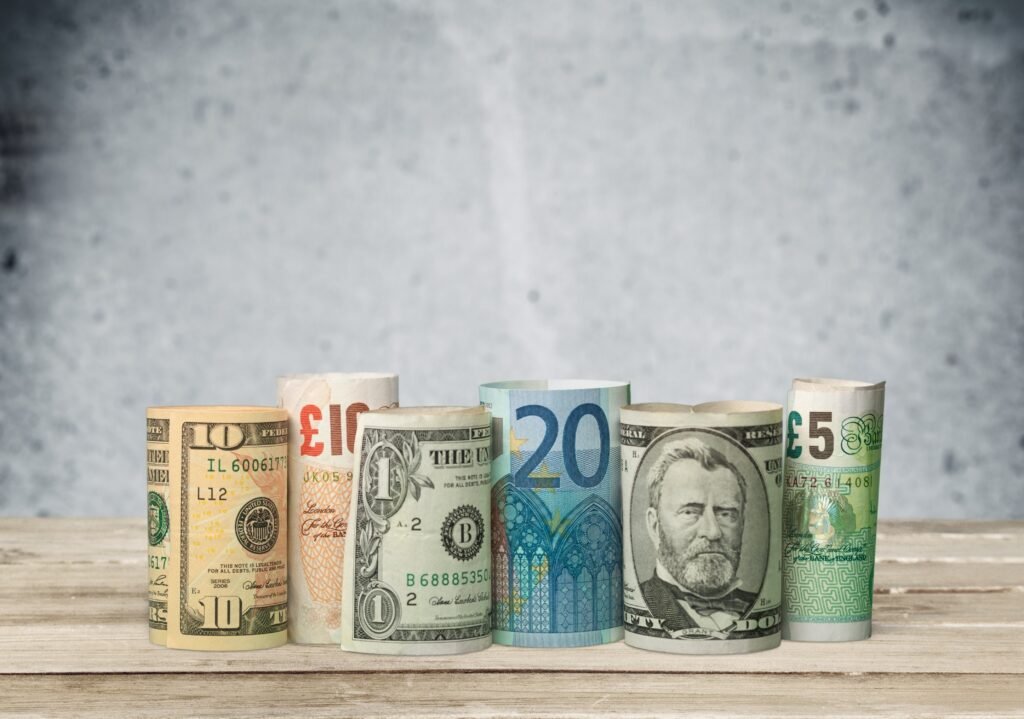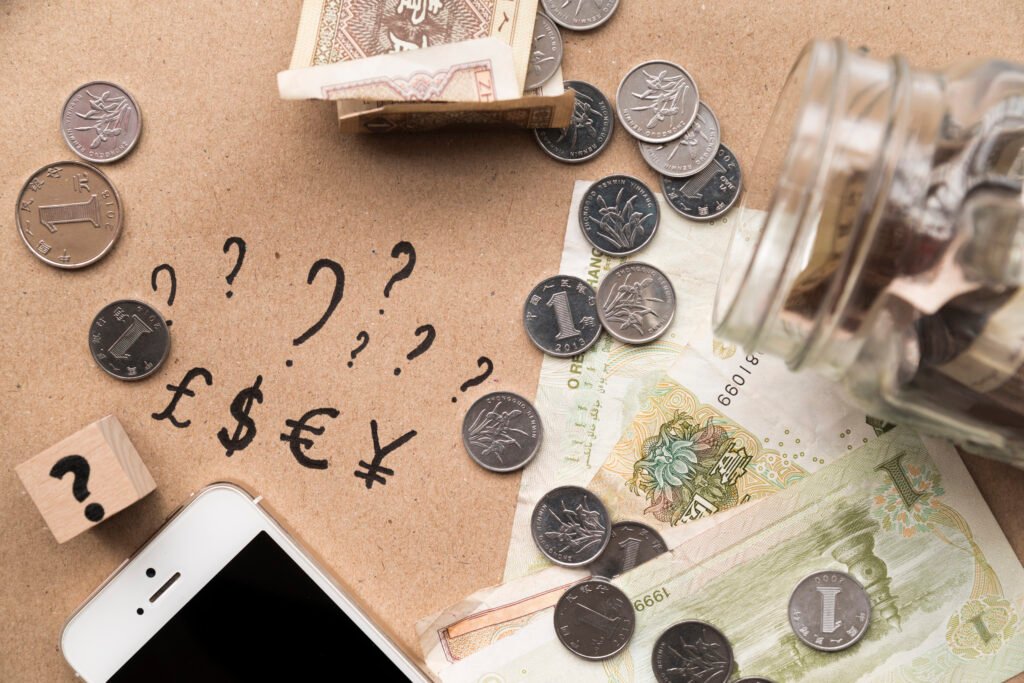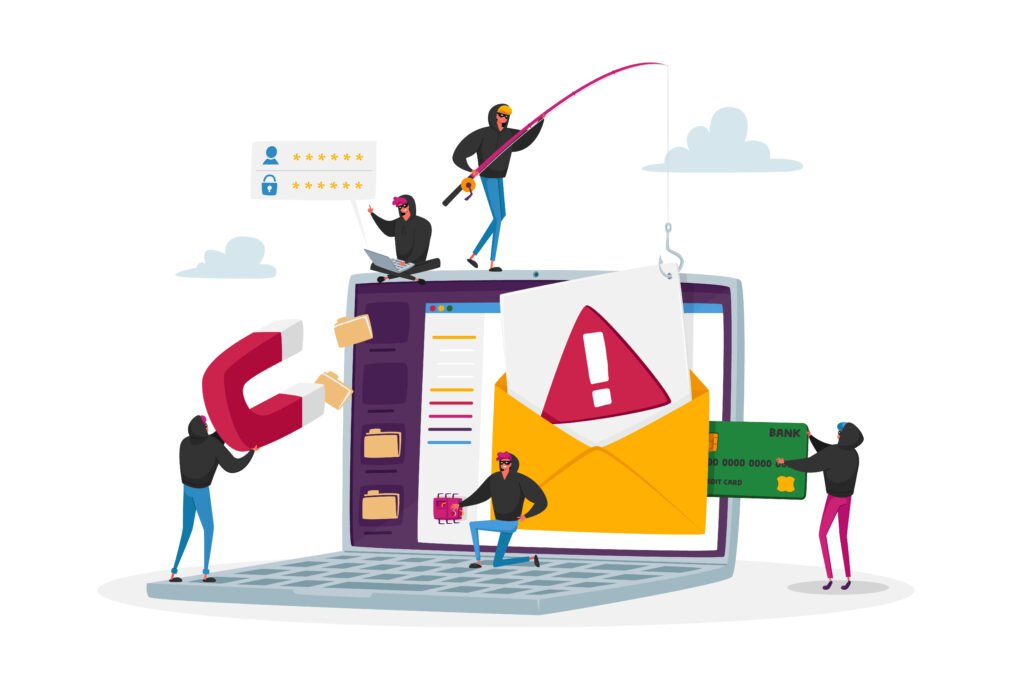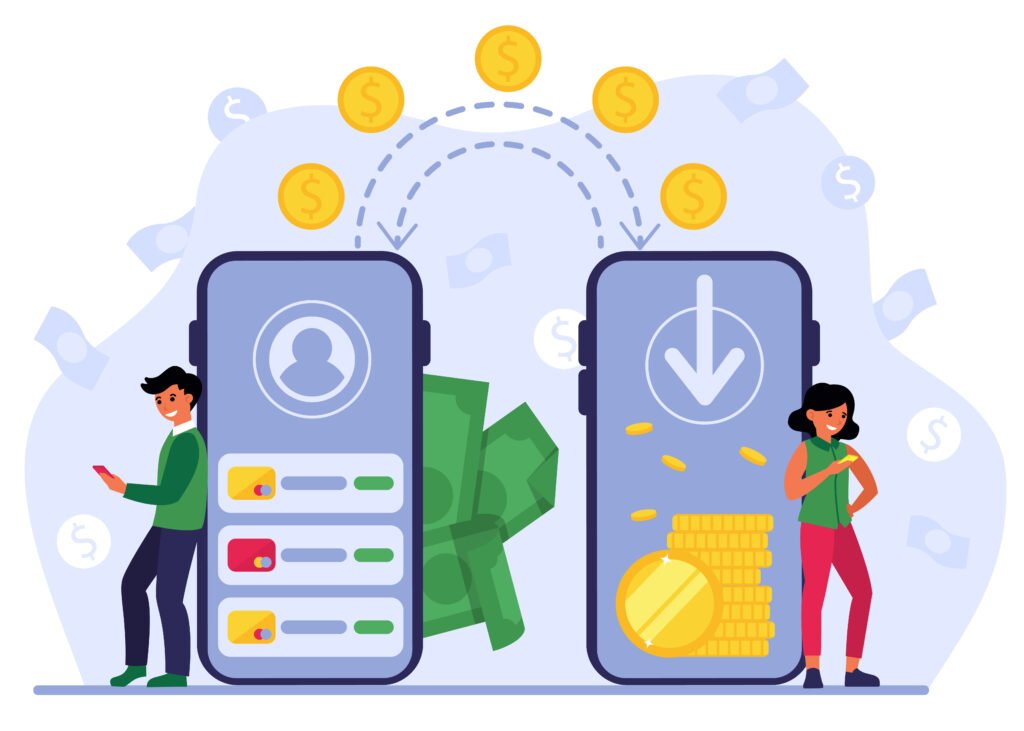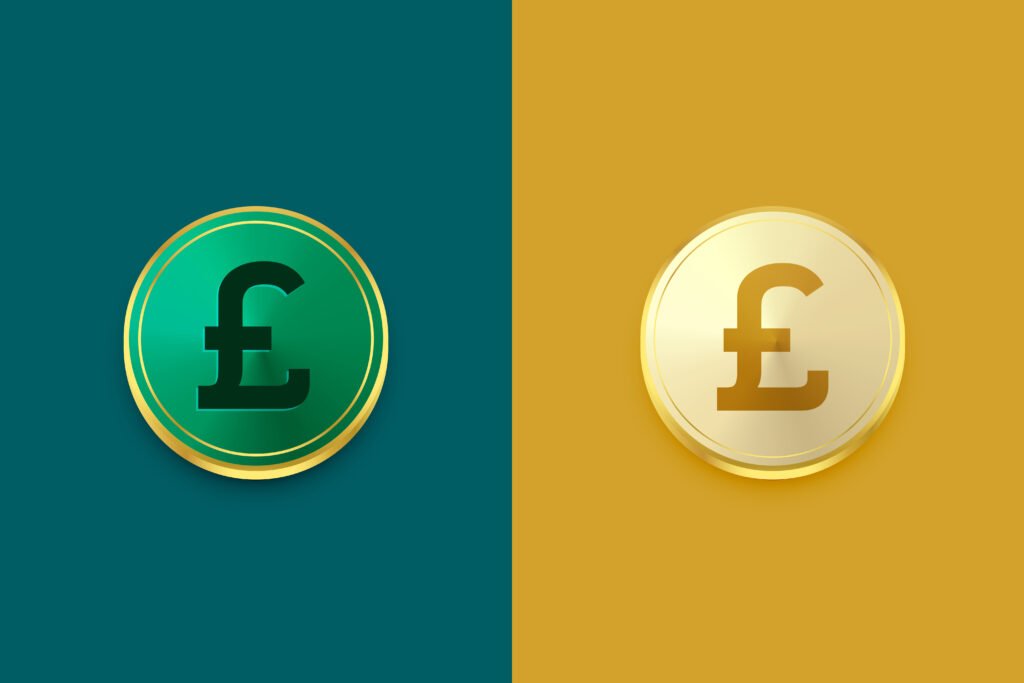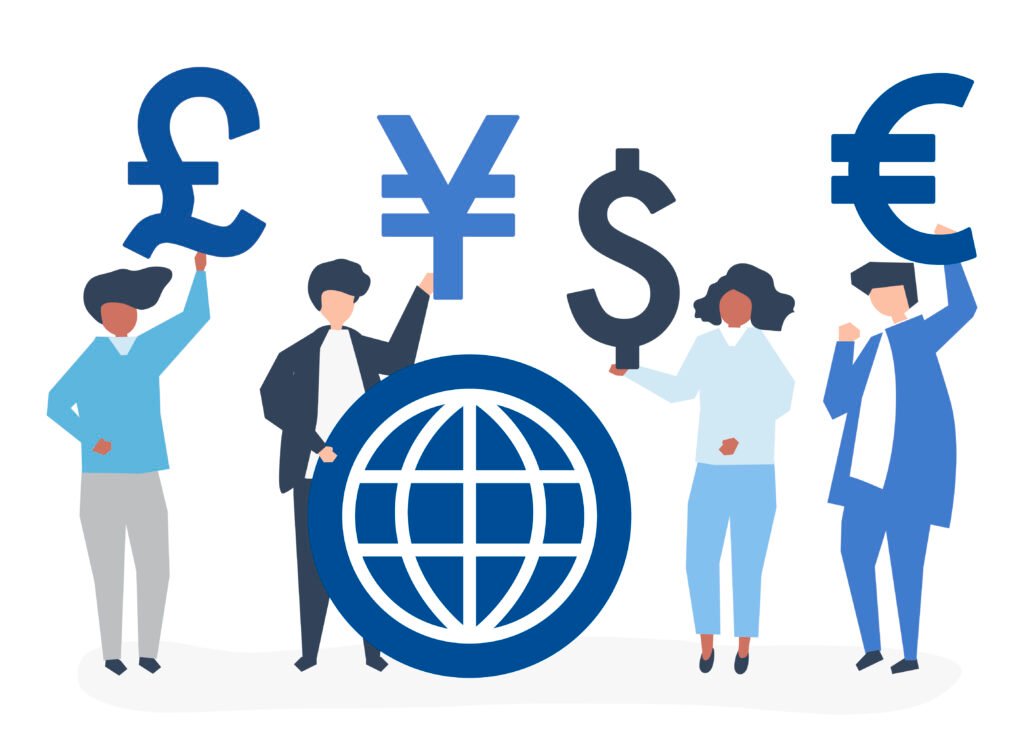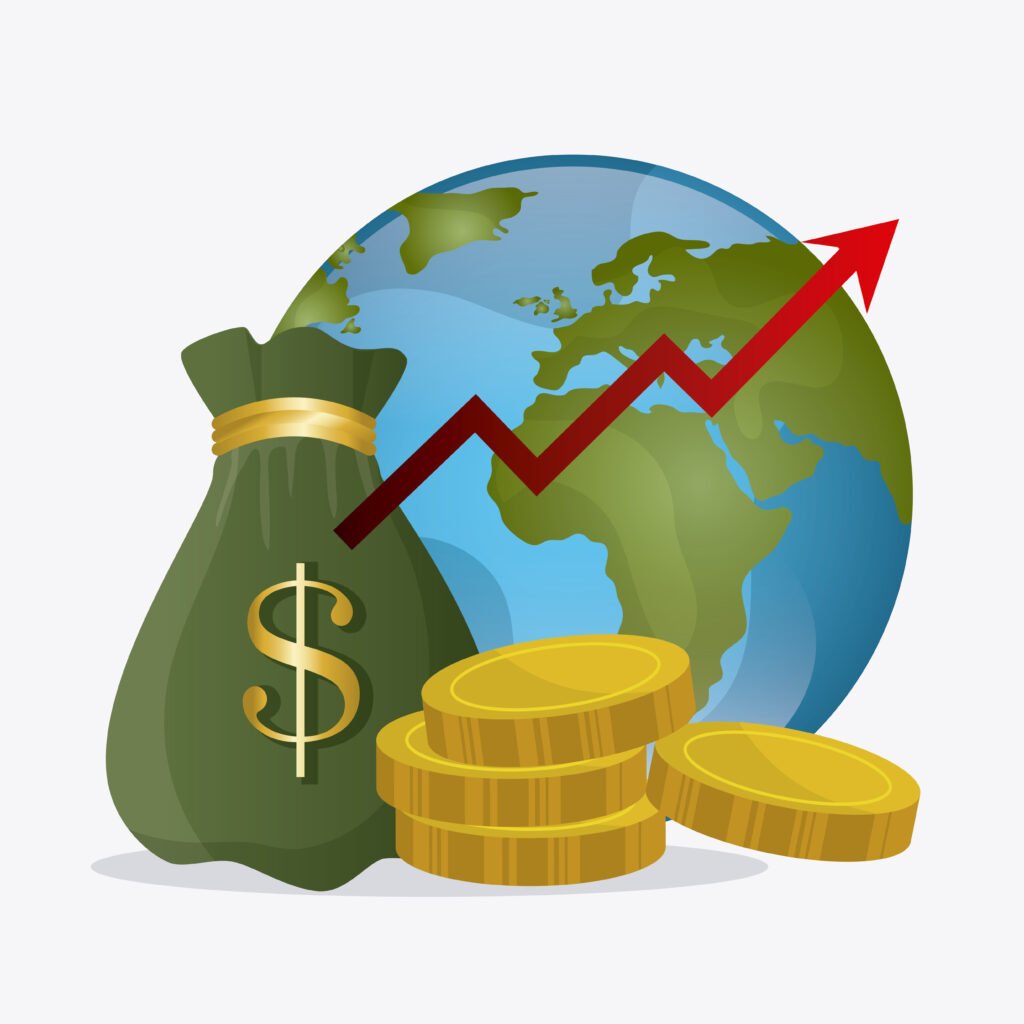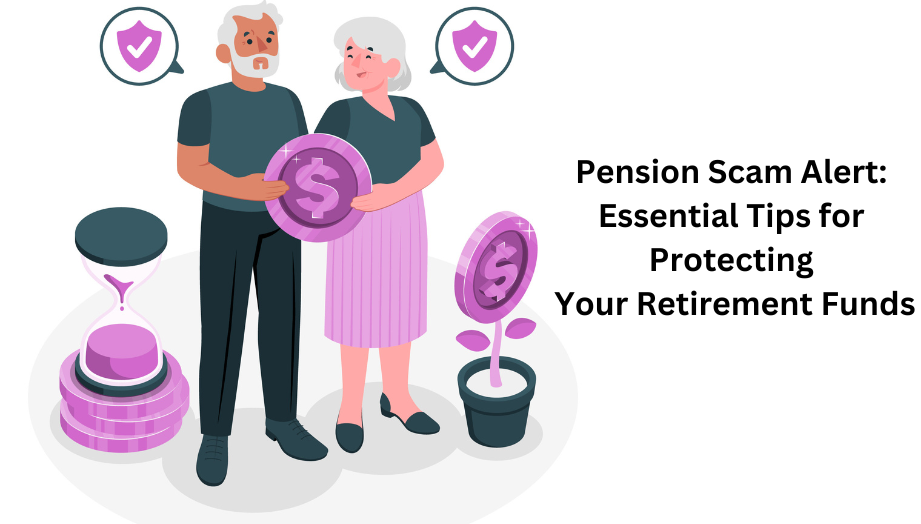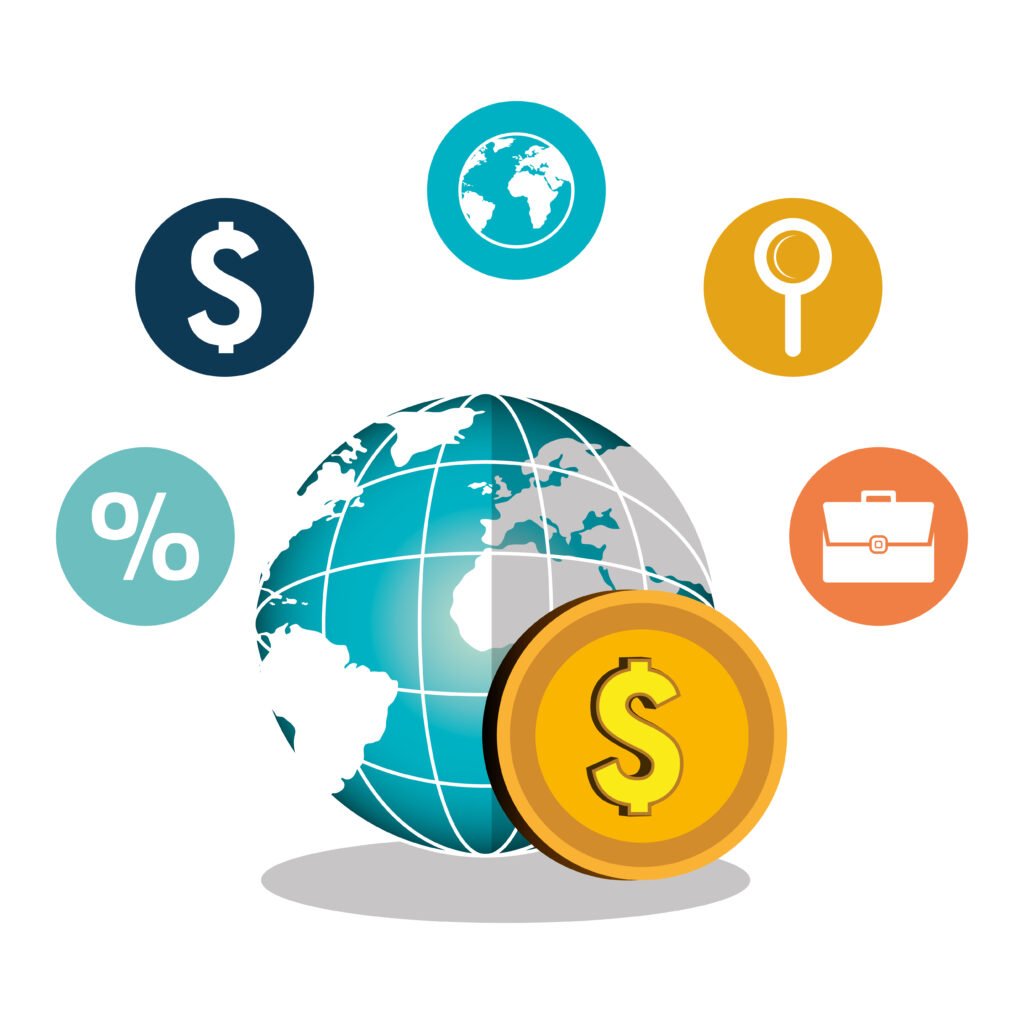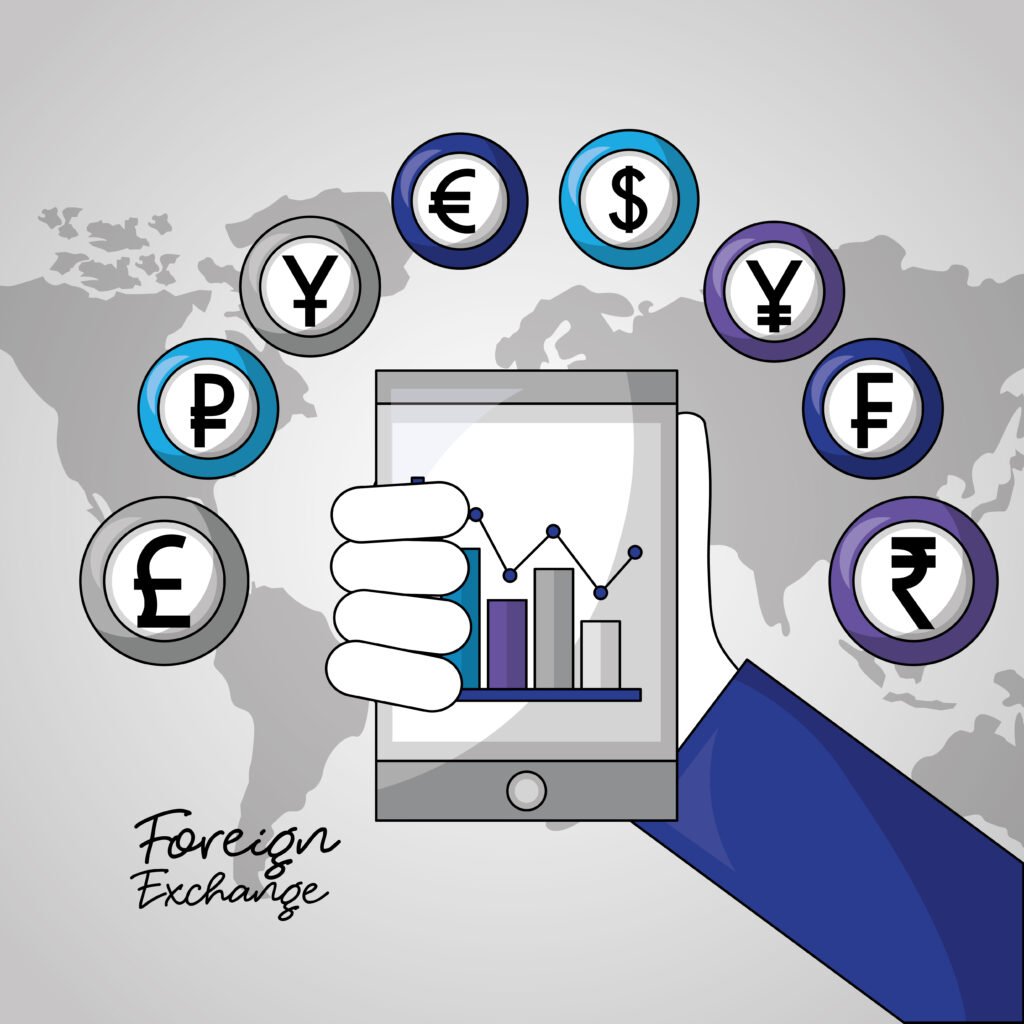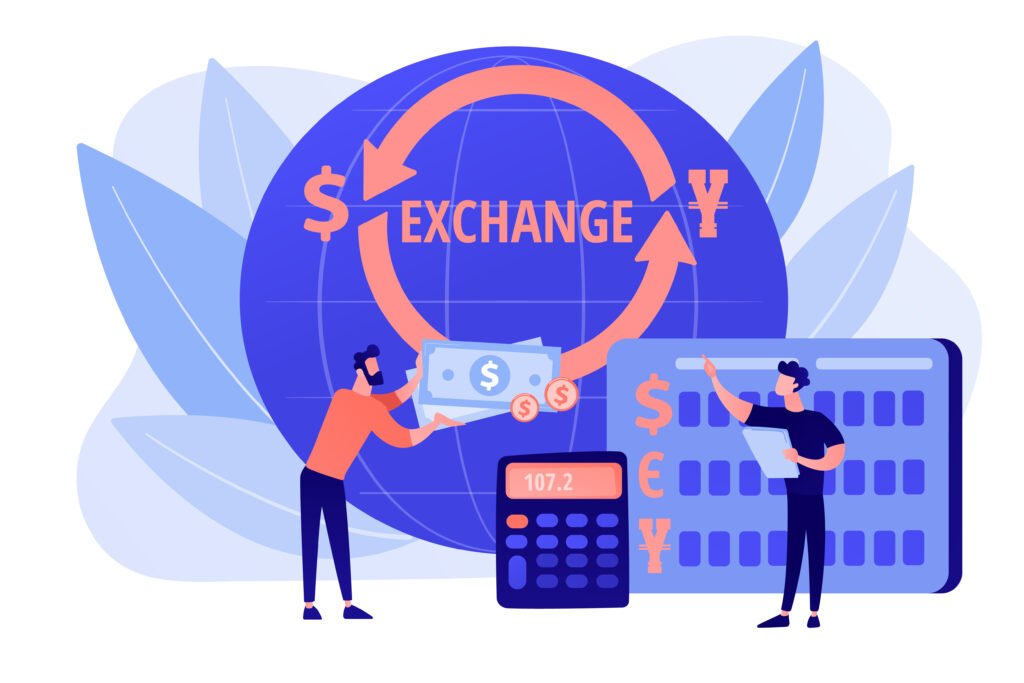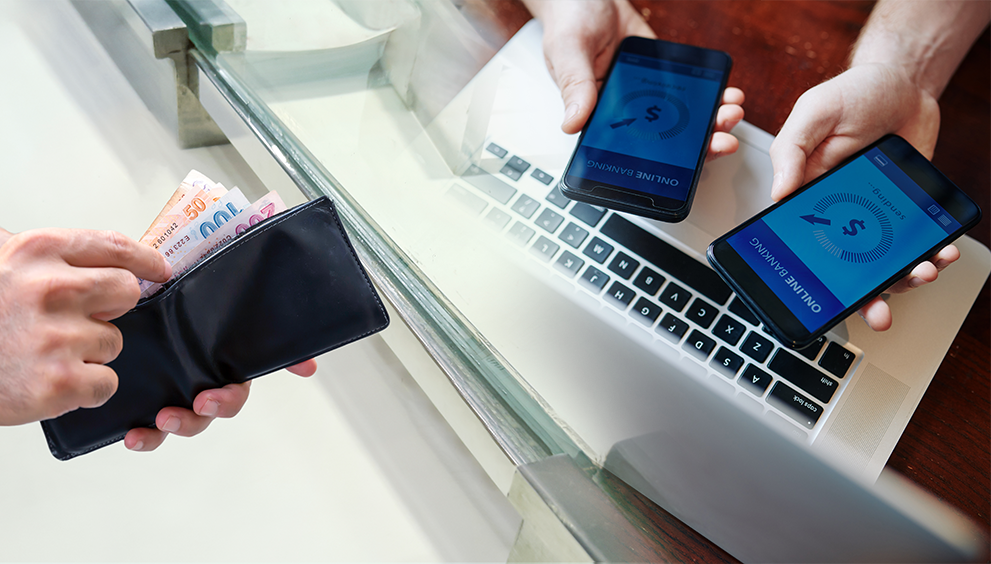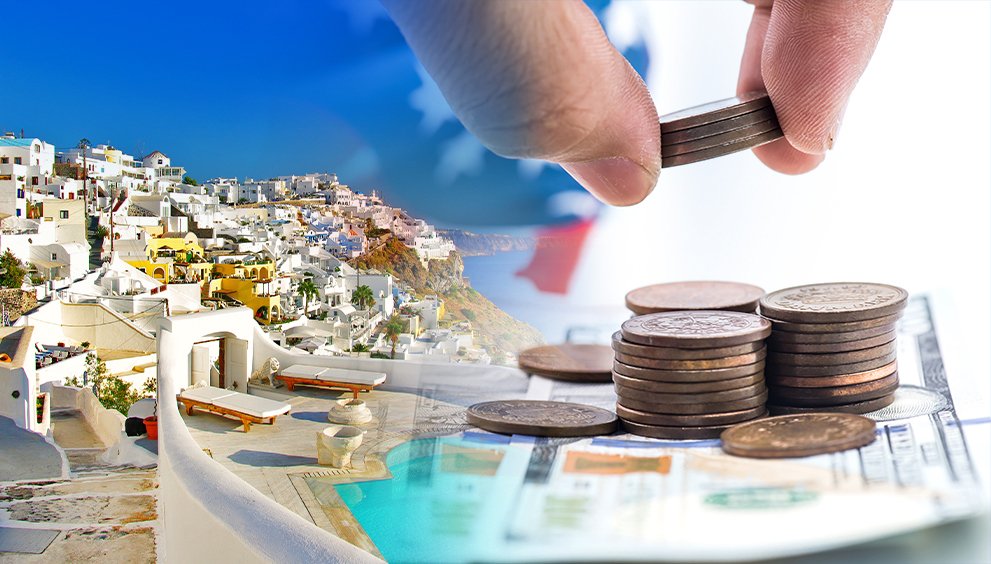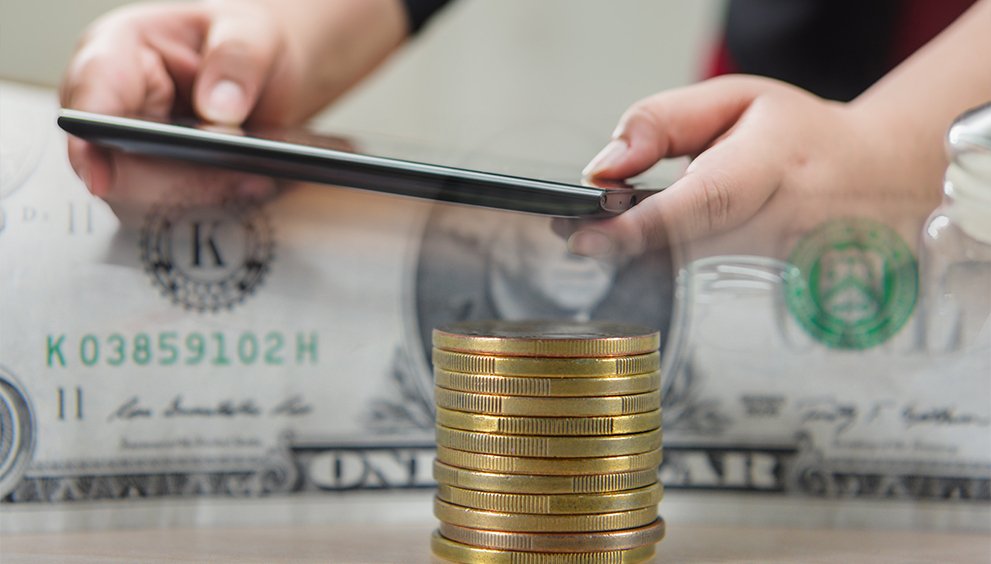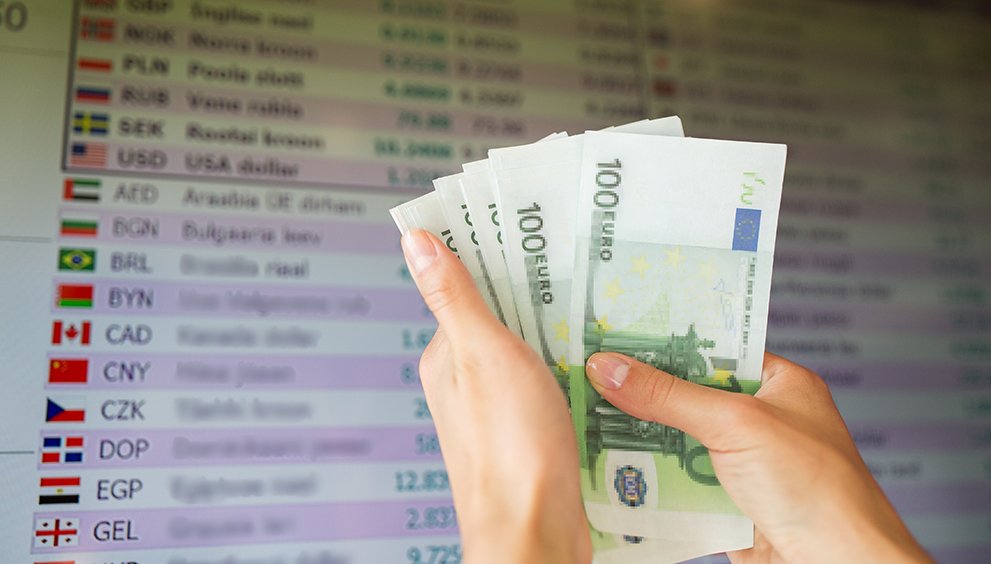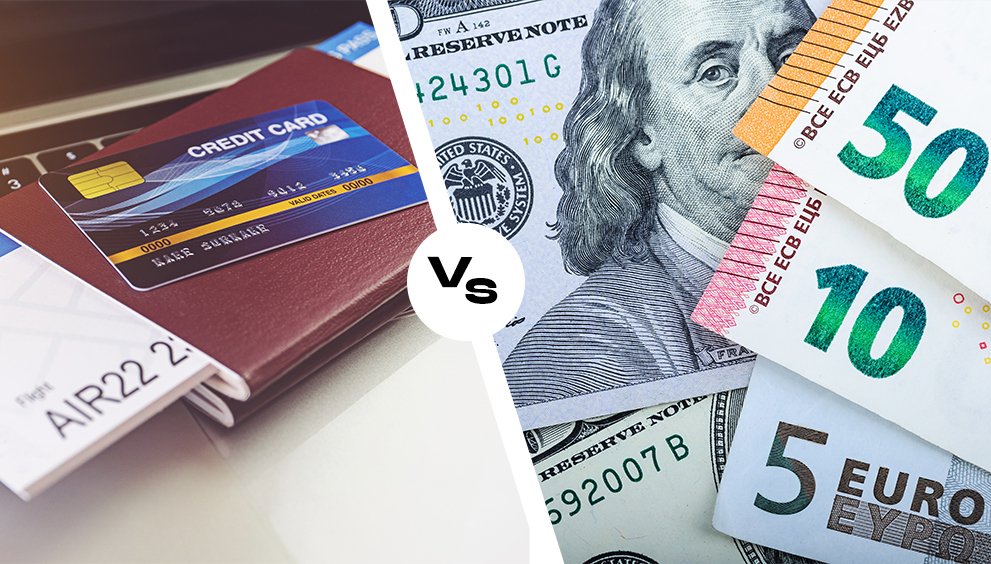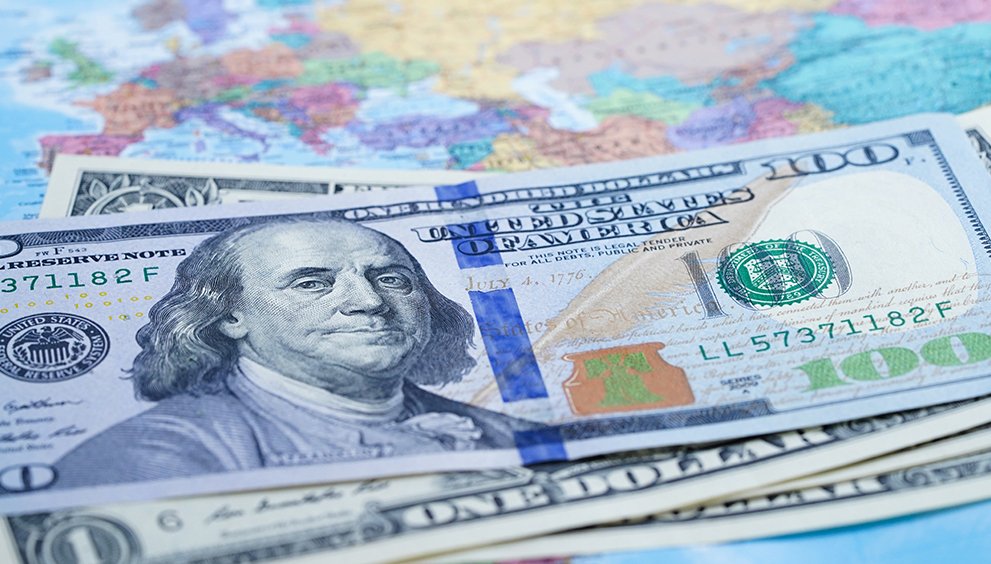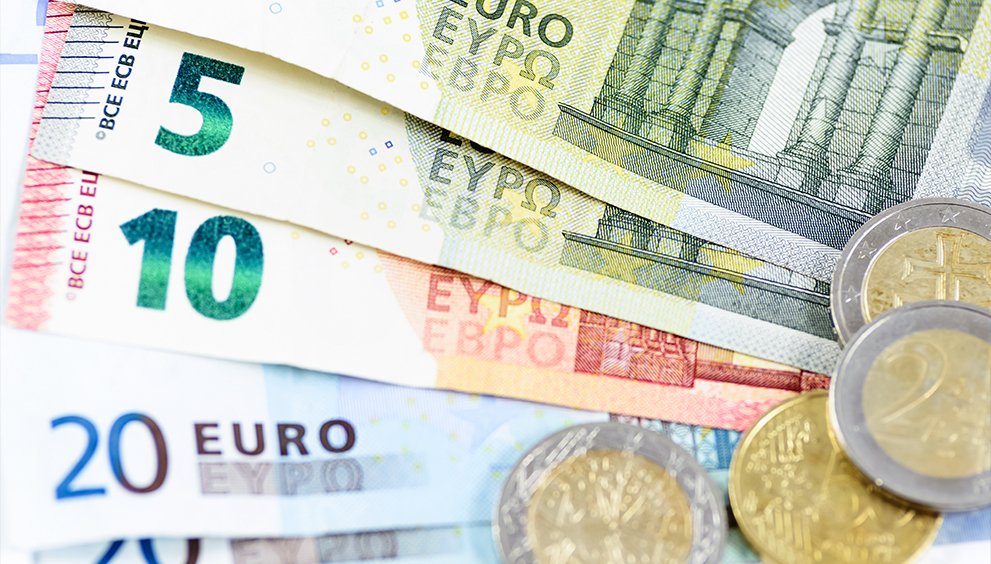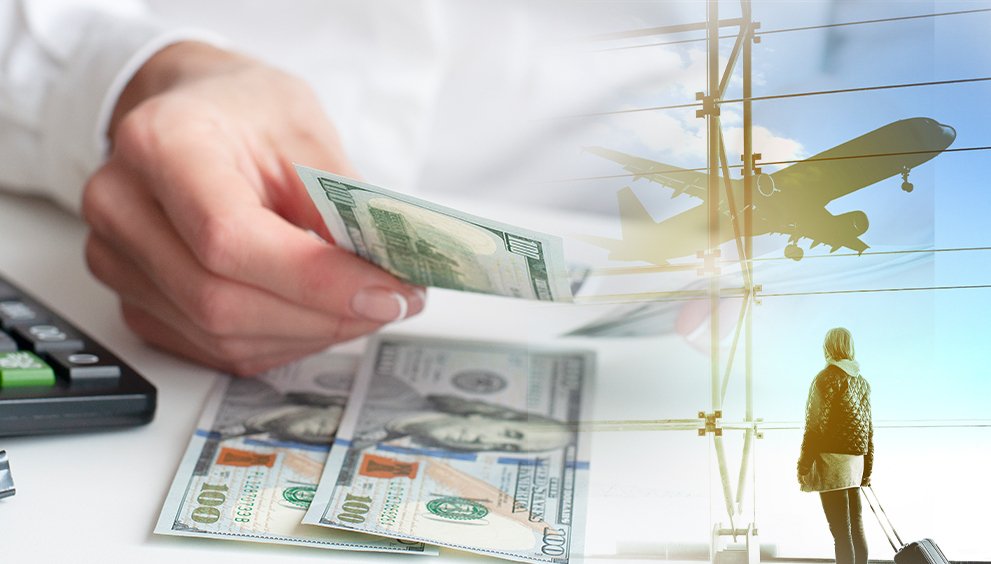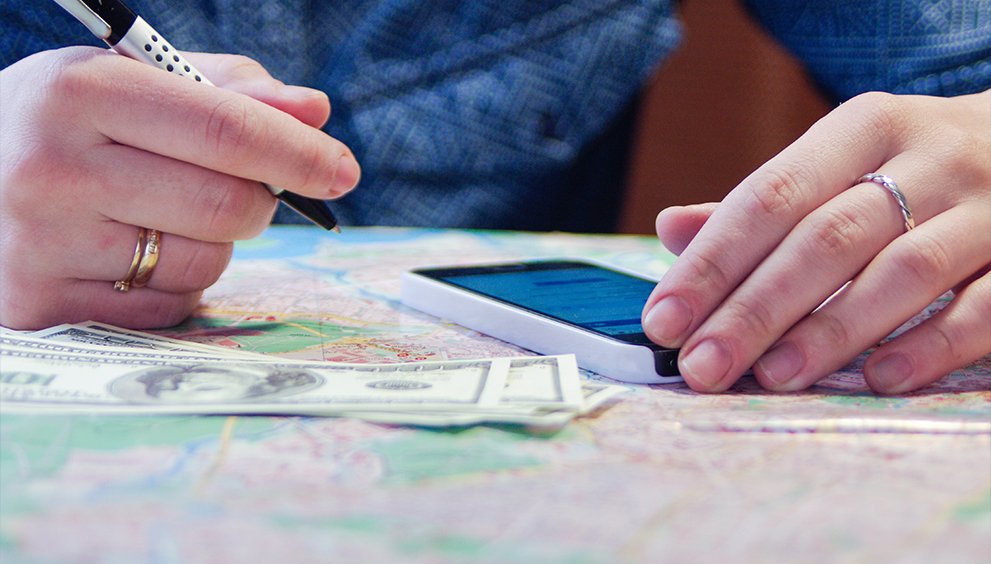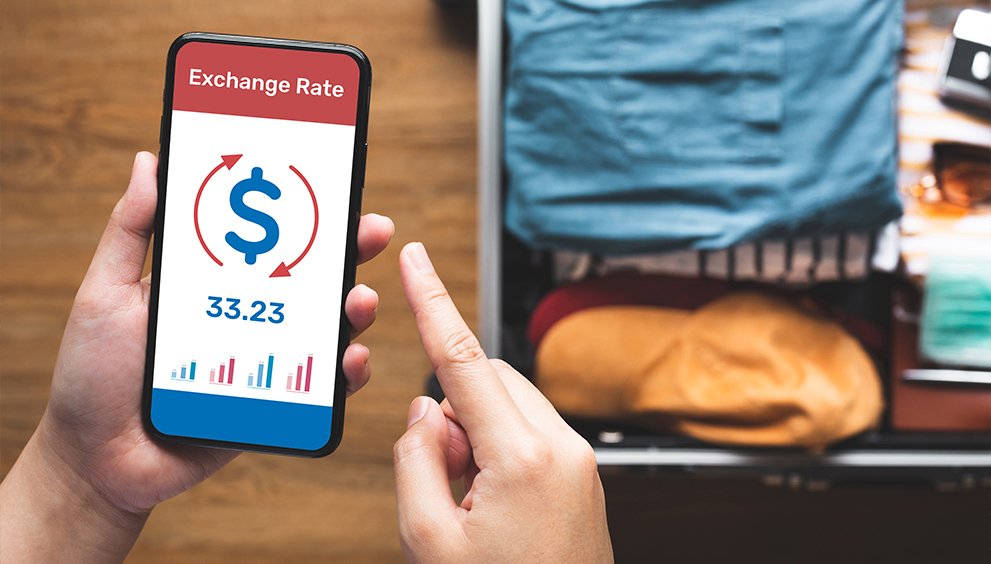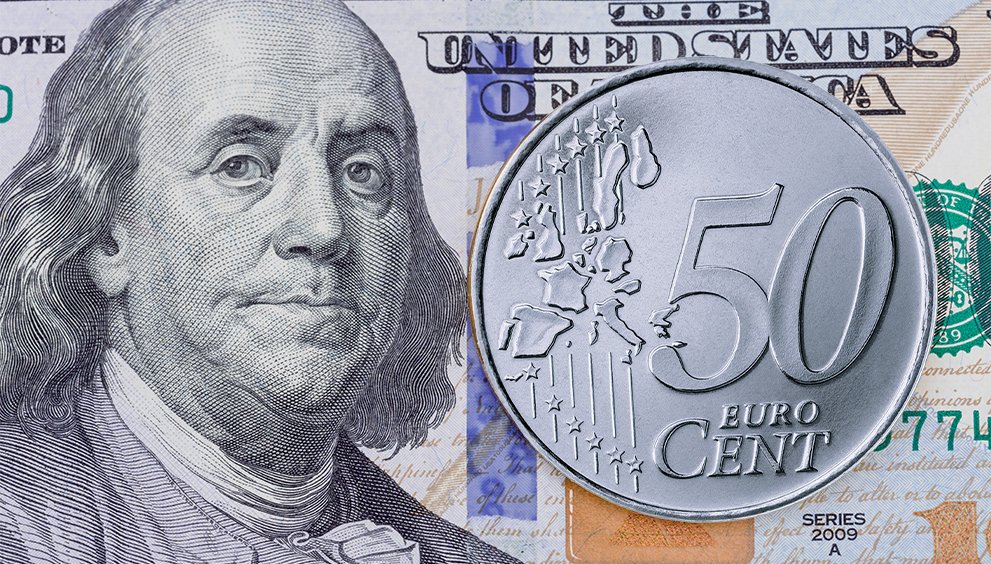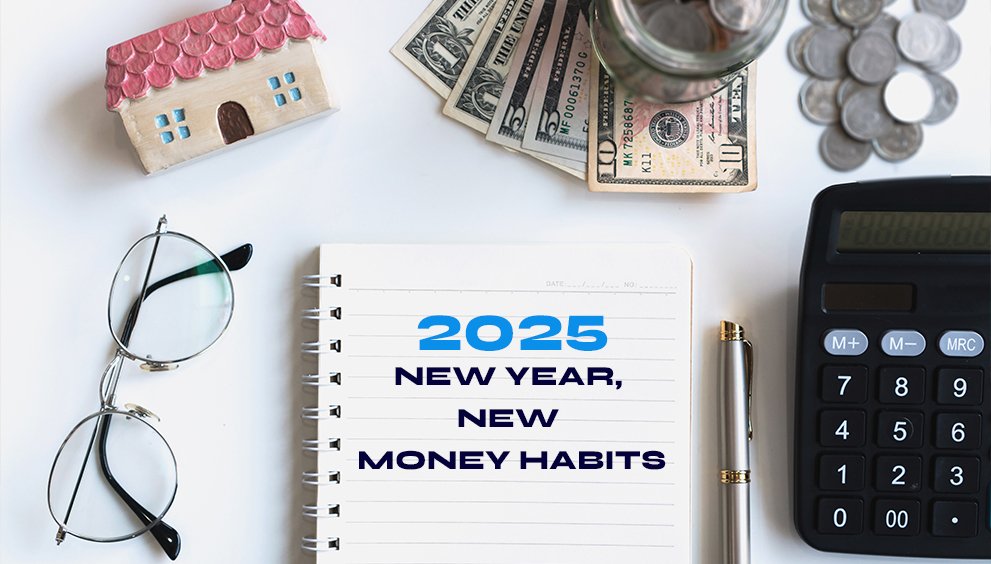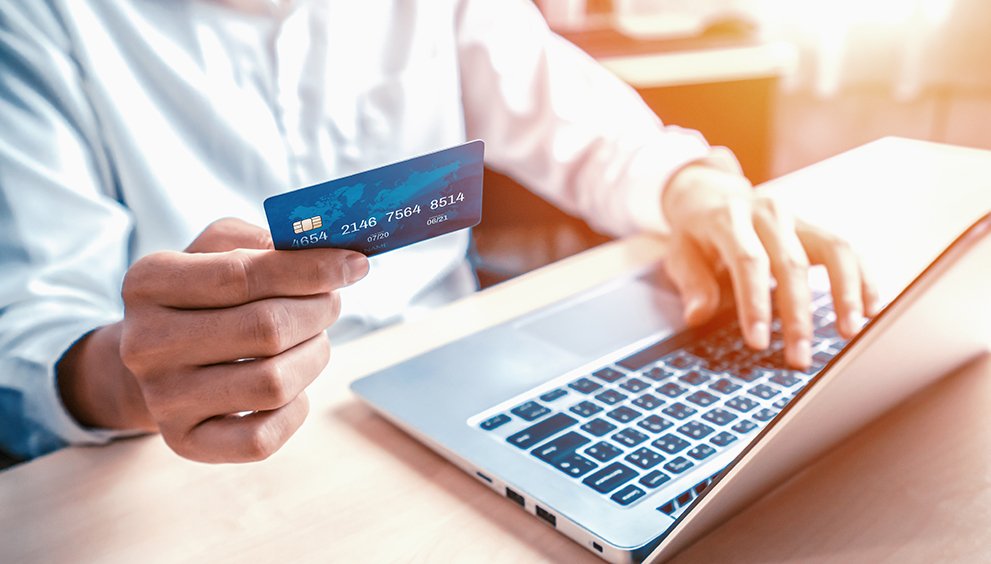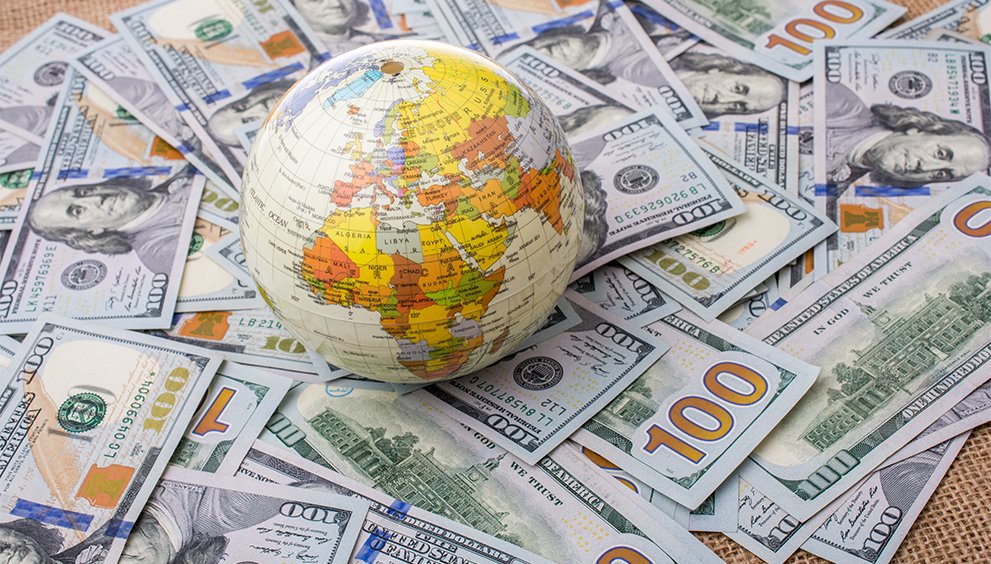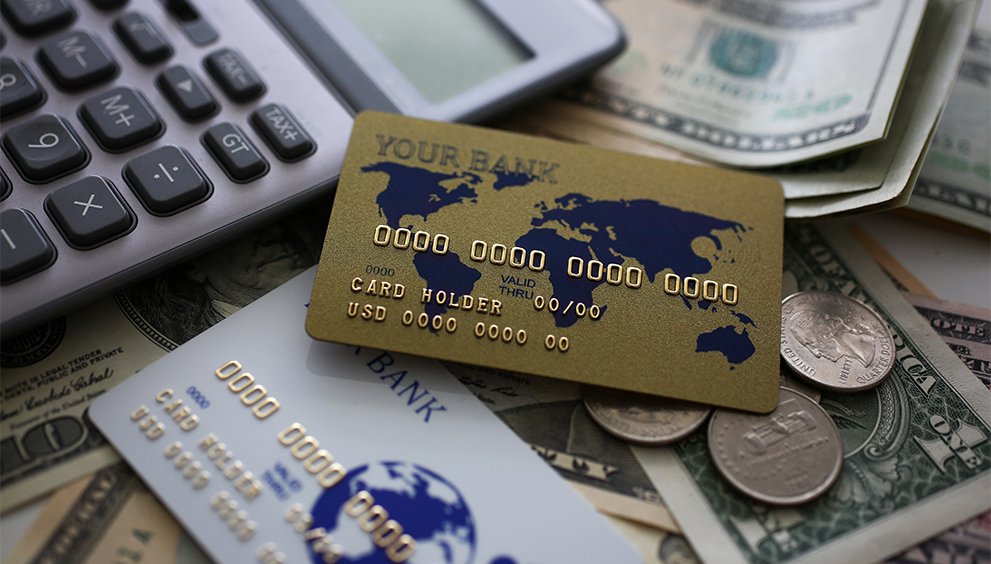Emergency Currency Exchange Tips for Travelers Stuck Without Cash

Imagine this: you’re in a foreign country, ready to explore, but you suddenly realize you don’t have any local currency. Maybe you lost your wallet, underestimated how much cash you’d need, or encountered an issue with your credit or debit card. It’s a stressful situation, but the good news is there are several ways to handle it without derailing your trip.
This guide provides practical, step-by-step tips for travelers stuck without cash, so you can regain control and make the most of your journey.
1. Contact Your Bank Immediately
If you’re out of cash due to a lost or stolen card, the first step is to contact your bank. Most banks have 24/7 hotlines to assist customers traveling abroad.
What to Ask For:
- Emergency Card Replacement: Many banks, like Chase or Bank of America, can expedite a replacement card to your location, often within 1-3 days.
- Temporary Emergency Cash: Some banks offer emergency cash advances that you can pick up at designated locations, such as Western Union offices.
- ATM Locator Assistance: Banks can help you find partner ATMs nearby to avoid excessive withdrawal fees.
Pro Tip: Keep your bank’s international customer service number saved on your phone or written down before you travel.
2. Use Western Union or MoneyGram Services
Western Union and MoneyGram are reliable options for receiving emergency cash, even if you don’t have a bank card. These services allow someone back home to send you money that you can collect almost instantly.
How to Use It:
- Contact a trusted friend or family member and ask them to send money through Western Union or MoneyGram.
- Provide them with your location and identification details.
- Visit the nearest branch with your valid ID and transaction code to collect the cash.
Pro Tip: Check their websites or apps for the closest pickup location and operating hours.
3. Borrow Cash from Fellow Travelers or Locals
If you’re traveling with friends or have met trustworthy locals, don’t hesitate to ask for help. Borrowing a small amount to cover immediate needs can be a lifesaver until you regain access to your funds.
How to Approach It:
- Be upfront about your situation and explain how and when you plan to repay them.
- Use apps like Venmo, PayPal, or Zelle to send the repayment immediately if possible.
- Offer collateral if borrowing from a local, like a watch or other valuable item, to show good faith.
Pro Tip: Travelers are often empathetic because they know how quickly these situations can happen. Don’t be afraid to ask—they may even share additional tips.
4. Use a Multi-Currency App for Digital Transfers
Multi-currency apps like Wise (formerly TransferWise), Currency Solutions are game-changers for travelers who need quick access to funds in another country. These apps allow you to transfer money, store multiple currencies, and even withdraw cash from ATMs using their debit cards.
What to Do:
- Log into your account and load funds using a linked bank account or credit card.
- Use the app to convert funds into the local currency at competitive exchange rates.
- Withdraw cash from a local ATM using the app’s debit card, if available.
Pro Tip: If you don’t already have an account, consider setting one up before your next trip as a safety net for emergencies.
5. Visit Your Hotel or Accommodation
Hotels and accommodations can often assist guests stuck without cash. Many have policies in place to help with emergency situations.
How They Can Help:
- Cash Advances: Some hotels may offer small cash advances if you’ve booked with a credit card.
- Currency Exchange Services: Many hotels have exchange counters or partnerships with nearby providers.
- Local Guidance: Staff can direct you to nearby banks, ATMs, or trusted remittance services.
Pro Tip: Smaller, independent hotels may not have cash advance options, so this tip is most effective for chain hotels or larger properties.
6. Turn to Peer-to-Peer Money Transfer Platforms
If you have access to your smartphone, platforms like PayPal, Cash App, or Venmo can be used to send or receive money internationally.
How It Works:
- Send Money to Yourself: Use your app to transfer money from your home bank account to your PayPal or Cash App balance.
- Withdraw Funds: Depending on the platform, you can withdraw money from a participating bank or ATM.
- Ask for Help: If you’re stuck, ask a friend or family member to send money to your account, which you can then access locally.
Pro Tip: Confirm that the app you’re using works in the country you’re visiting, as availability varies by region.
7. Sell or Trade Items for Cash
If all else fails, you can consider selling or trading items you don’t need for local currency. While this isn’t ideal, it can be an effective short-term solution.
What to Trade:
- Electronics like cameras, phones, or portable chargers.
- Accessories like branded sunglasses, watches, or backpacks.
- Clothing or souvenirs you no longer need.
Where to Sell:
- Local pawn shops.
- Online marketplaces like Facebook Marketplace (if available in your area).
- Fellow travelers who may find your items useful.
Pro Tip: Always negotiate fairly and ensure you’re trading with trustworthy buyers.
8. Contact Your Country’s Embassy
In extreme cases, your embassy can assist you in accessing funds or arranging emergency support.
What They Can Do:
- Provide Emergency Loans: Some embassies can offer short-term loans to citizens in urgent need.
- Help with Wire Transfers: Embassies can facilitate money transfers from your family or home bank.
- Provide Local Resources: They can guide you to reputable money exchange services or banks nearby.
Pro Tip: Keep a list of your embassy’s contact information and address for every country you visit.
9. Use Credit Card Cash Advances Sparingly
If you have a credit card, you can use it to withdraw cash from a local ATM as a cash advance. This option should be used as a last resort due to the high fees and interest rates involved.
What to Know:
- Cash advances often incur a flat fee plus interest, which starts accruing immediately.
- There may be daily limits on how much you can withdraw.
- Some ATMs may charge additional foreign transaction fees.
Pro Tip: Withdraw only the amount you need to cover immediate expenses to minimize interest charges.
10. Stay Calm and Resourceful
Emergencies can be overwhelming, but staying calm and thinking resourcefully is key to solving the problem.
What to Do:
- Assess your situation: How much money do you need immediately?
- Identify nearby resources: Look for ATMs, banks, hotels, or Western Union branches.
- Ask for help: Whether it’s a fellow traveler, a local, or your embassy, there are often people or organizations willing to assist.
Pro Tip: Remember that these situations happen to travelers all the time—stay patient and take things one step at a time.
11. Plan Ahead for Future Emergencies
Once you’ve resolved your current issue, take steps to avoid similar situations in the future.
How to Prepare for Next Time:
- Carry Backup Cash: Keep a small amount of U.S. dollars or euros in a hidden part of your luggage for emergencies.
- Use Multi-Currency Accounts: Platforms like Wise and Revolut make it easy to access funds internationally.
- Split Your Resources: Store cash, cards, and IDs in separate locations to minimize losses if something goes missing.
- Research Local Banking Options: Before you travel, identify trusted ATMs and banks near your accommodations.
Pro Tip: Consider carrying a backup credit card specifically for emergencies, separate from your primary wallet.
Final Thoughts
Getting stuck without cash while traveling can be a stressful experience, but with the right tools and strategies, you can navigate the situation successfully. From contacting your bank to leveraging digital platforms and local resources, there’s always a way to get back on your feet.
Quick Recap of Tips:
- Call your bank or card provider for emergency assistance.
- Use remittance services like Western Union or MoneyGram.
- Borrow from fellow travelers or locals.
- Turn to multi-currency exchange like Currency Solutions or Wise.
- Seek help from your hotel or accommodation.
- Sell or trade items if necessary.
- Contact your embassy for guidance and support.
- Use credit card cash advances as a last resort.
With these tips, you’ll be able to overcome cash emergencies and focus on enjoying your trip. Safe travels!


 English
English 